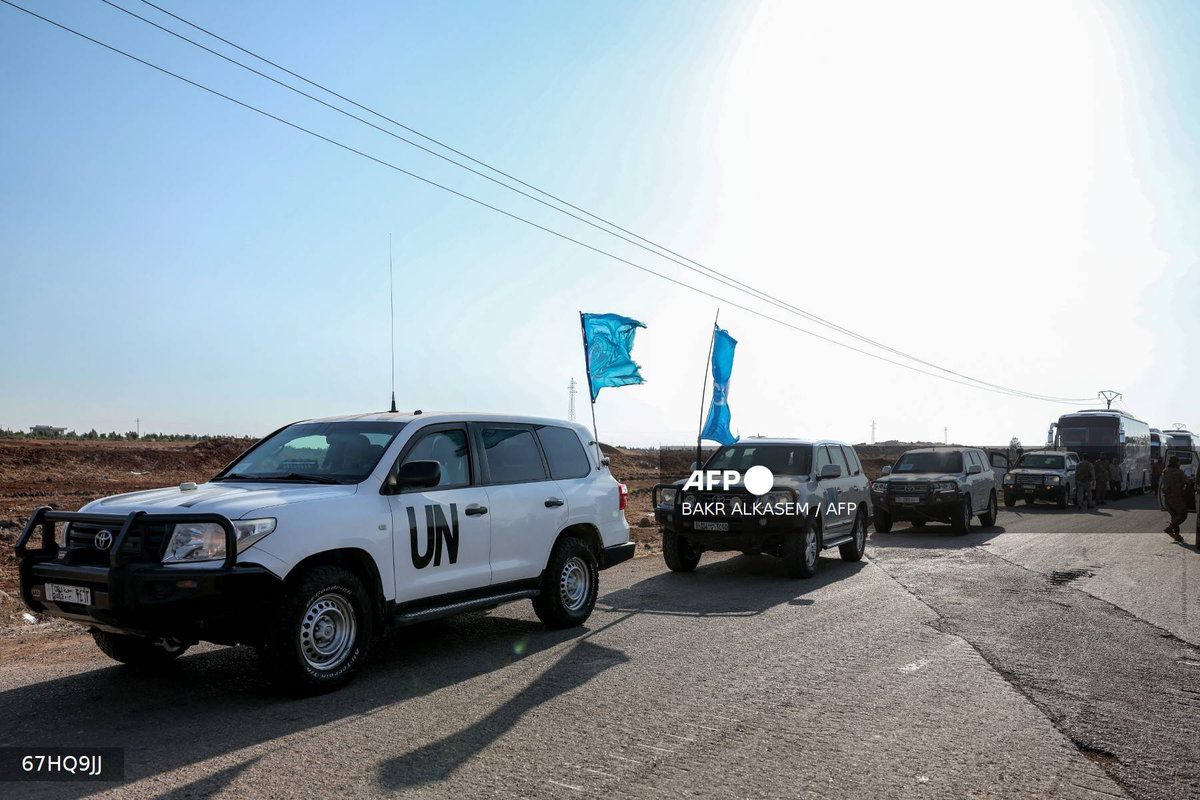UNITED NATIONS: The United Nations has played a central role in the Palestinian-Israeli conflict since its 1947 partition plan, which sought to divide British-mandate Palestine into Jewish and Arab states.
While Israel accepted the resolution, Arab states and Palestinians rejected it, leading to war and the displacement of 760,000 Palestinians—an event known as the Nakba, or “catastrophe.”
In 1967, after the Six-Day War, the UN Security Council passed Resolution 242, calling for Israel’s withdrawal from occupied territories.
However, ambiguities in the resolution’s wording left its implementation unclear.
By 1974, the UN General Assembly recognized Palestinian self-determination and granted the Palestine Liberation Organization (PLO) observer status.
The 1993 Oslo Accords, brokered outside the UN, marked a significant peace effort, establishing Palestinian autonomy and the Palestinian Authority.
Yet, UN decisions on Palestine have often hinged on U.S. influence. Since 1972, the U.S. has vetoed over 30 resolutions to shield Israel, though it occasionally abstains, as seen in 2016 when the Security Council condemned Israeli settlements.
In 2011, Palestinian leader Mahmoud Abbas sought full UN membership, but U.S. opposition stalled the bid.
Instead, the General Assembly granted Palestine “non-member observer state” status in 2012. A renewed 2024 membership push was again blocked by a U.S. veto.
Despite this, 142 UN members recognize Palestine, and recent Assembly rulings have expanded Palestinian participation rights. - AFP









